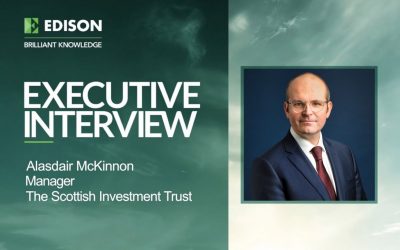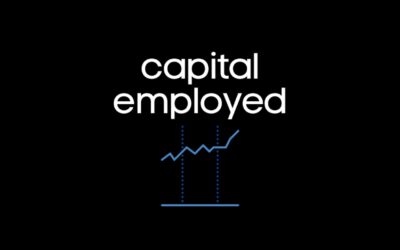09/04/20212 mins
Why we’re backing recovery stories in the high street
The thought process behind the famous Mark Twain quote “Rumours of my demise have been greatly exaggerated” could be equally applied to the high street. Analysts have long predicted that online shopping, buoyed by sophisticated supply and distribution chains, would render brick-and-mortar shops obsolete. But while online shopping is undeniably convenient, we believe that the pandemic has put undue emphasis on the death of the high street, leaving some of these economically sensitive companies severely underappreciated.
Ripe for recovery
We realise that the rise of online retailers has already had a lasting impact. It’s sad for our local communities that many big high street names – and countless small companies – have not survived. But that does bring a silver lining for those that are still standing: when consumers can once again shop or dine out, there will be less competition.
Despite emerging from the pandemic relatively unscathed, many of these companies are still well below their pre-pandemic peak, and some look ripe for recovery. With that in mind, we recently added well-known fashion retailer H&M to the portfolio. With key competitors having moved to an online-only model after falling into administration, H&M should be better positioned than previously when customers do return to the high street. H&M has also greatly enhanced its own online presence and is in a strong position to compete in that channel too.
Surviving and thriving
The pandemic presented an existential threat to many fashion brands – they had to adjust or fail. The companies that are best positioned have made operational improvements and adapted to change. One such example is Capri Holdings, which owns brands including Michael Kors, Versace and Jimmy Choo. It has been able to swiftly shift sales online, has benefited from a healthy appetite for its brands in China, and secured a stronger market position. Meanwhile, even in the toughest of times, Capri Holdings has cut costs and improved profitability.
The return of casual dining
Like retailers, restaurants were hard-hit by the pandemic. By December 2020, 17% of US restaurants had permanently shut down. The closures were mainly of smaller, independent restaurants without the means to change their existing model. Some restaurants were able to survive through a mixture of online orders and operating take-away hatches. These should fare well when diners return. Consequently, we invested in Cheesecake Factory, ranked as one of America’s top casual dining restaurants in 2019. We feel that with fewer competitors, potentially lower costs and a now well-established takeaway business, this restaurant chain can flourish and thrive over the long-term.
Banking on inflation
The combination of pent-up consumer demand, boosted by government stimulus money, will manifest in the form of higher-than-expected inflation down the line. This scenario will benefit businesses that are able to pass on increased costs to the consumer. Winners should include hotel and restaurant owner Whitbread, which owns the Premier Inn hotel brand and co-located pub restaurants.
Hidden gems
These are only few of our most recent investments, reflecting our view that the market is underestimating the recovery prospects for economically sensitive stocks whose earnings have been depressed by the pandemic. To see the full list of holdings in our portfolio, please visit this page.
Please remember that past performance may not be repeated and is not a guide for future performance. The value of shares and the income from them can go down as well as up as a result of market and currency fluctuations.
Please note that SIT Savings Ltd is not authorised to provide advice to individual investors and nothing in this article should be considered to be or relied upon as constituting investment advice. If you are unsure about the suitability of an investment, you should contact your financial advisor.



